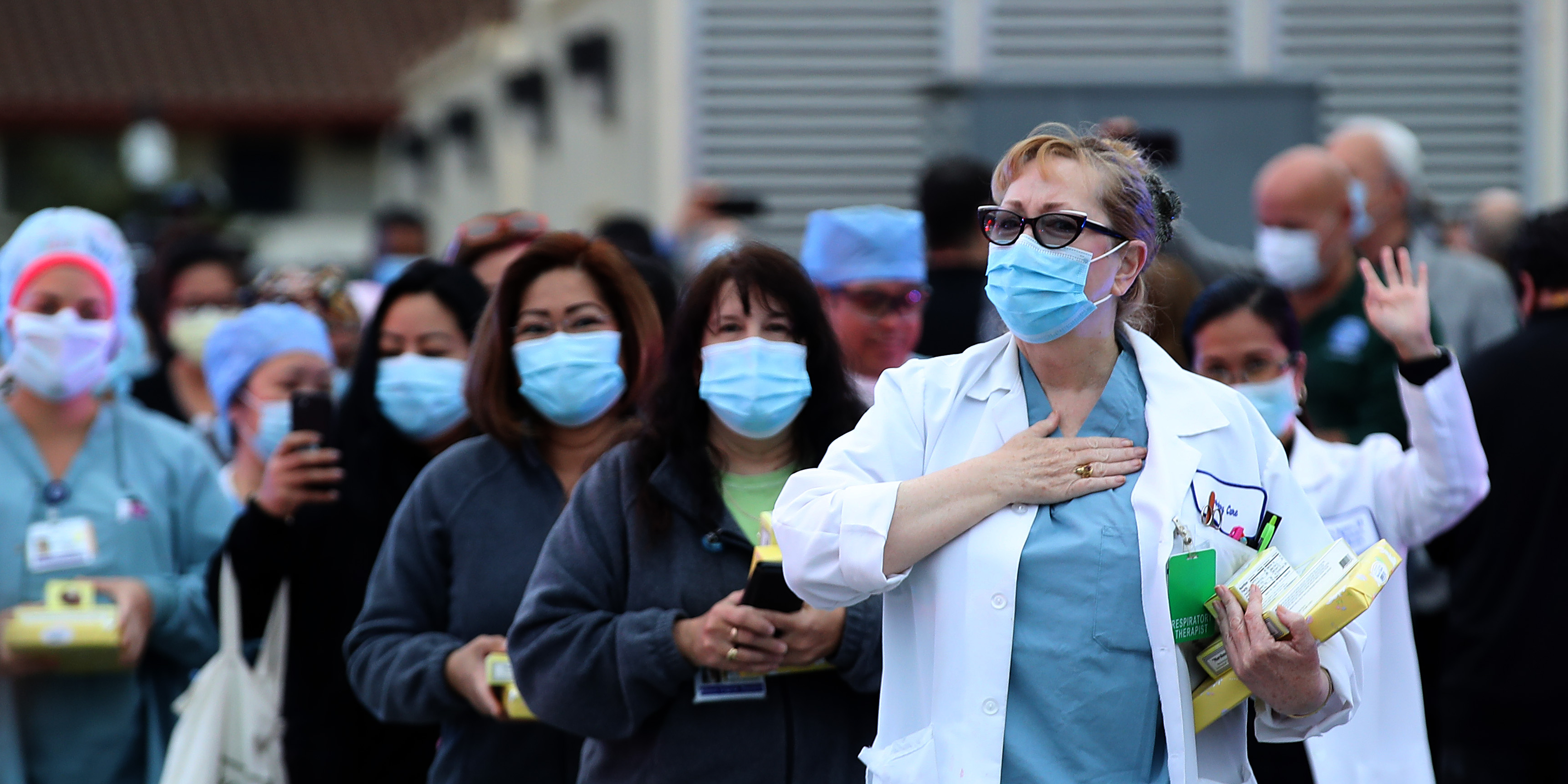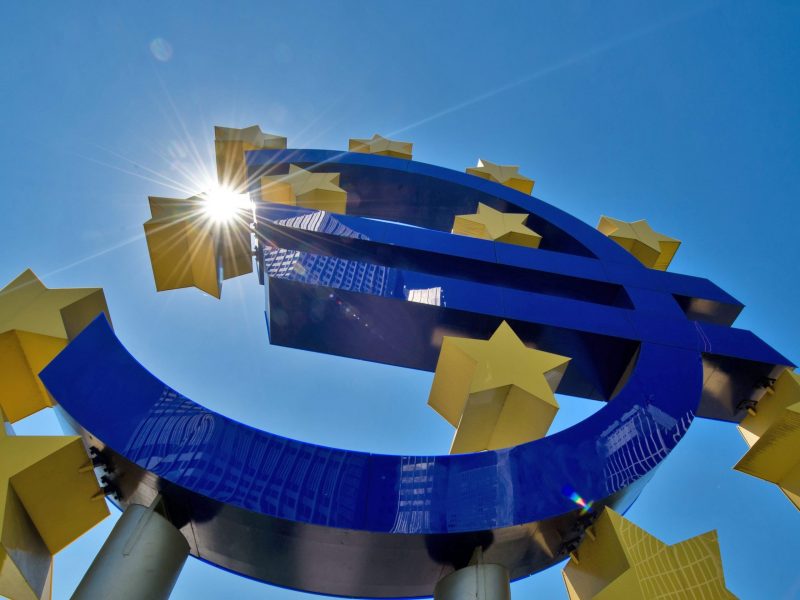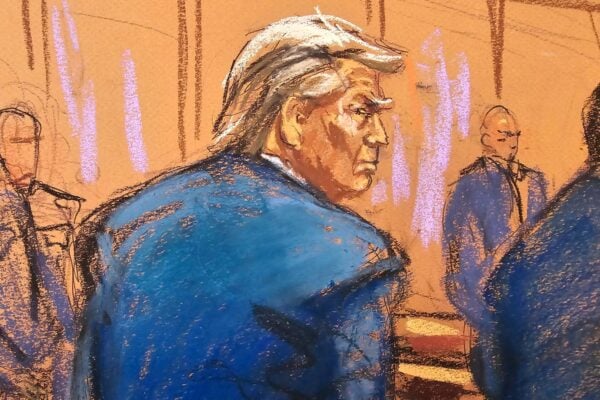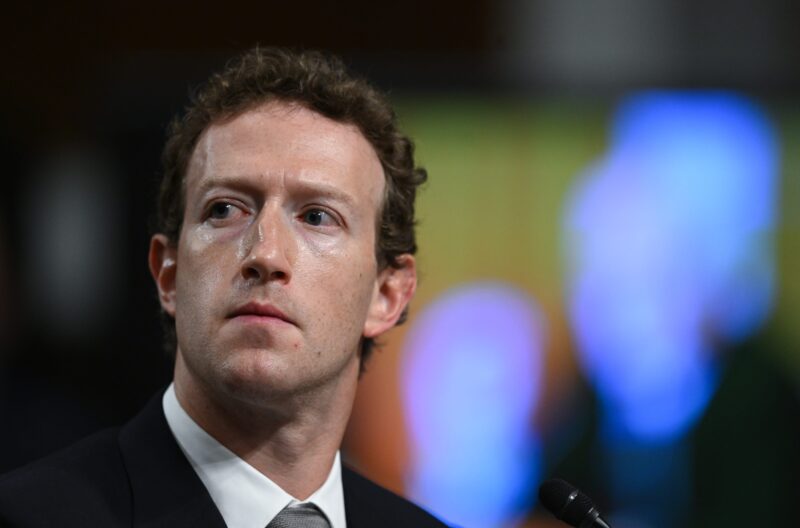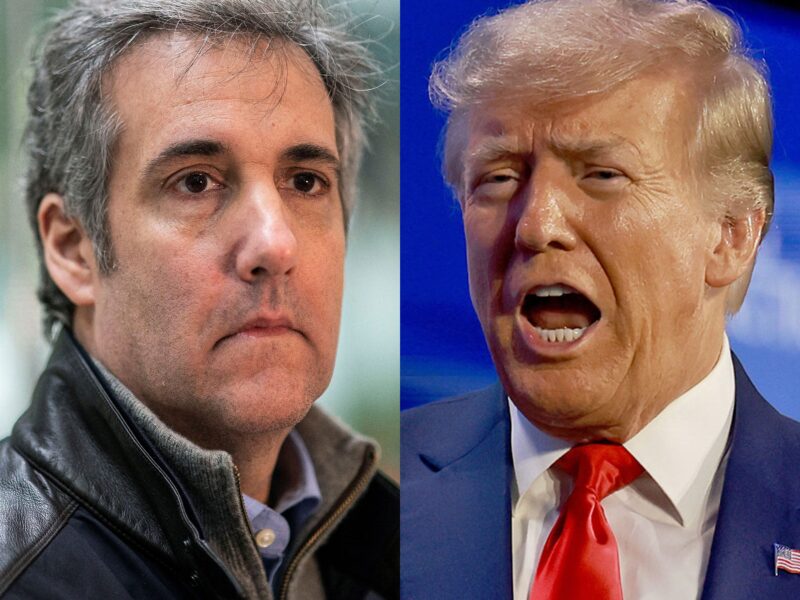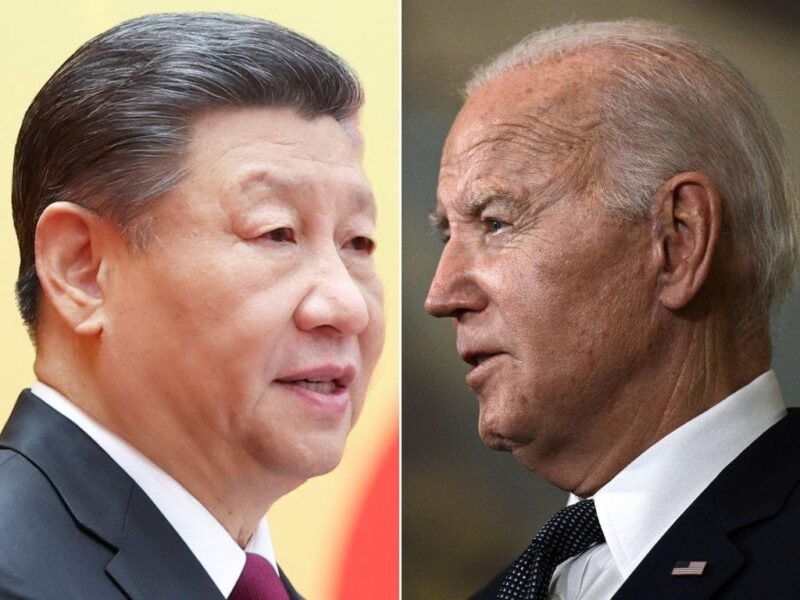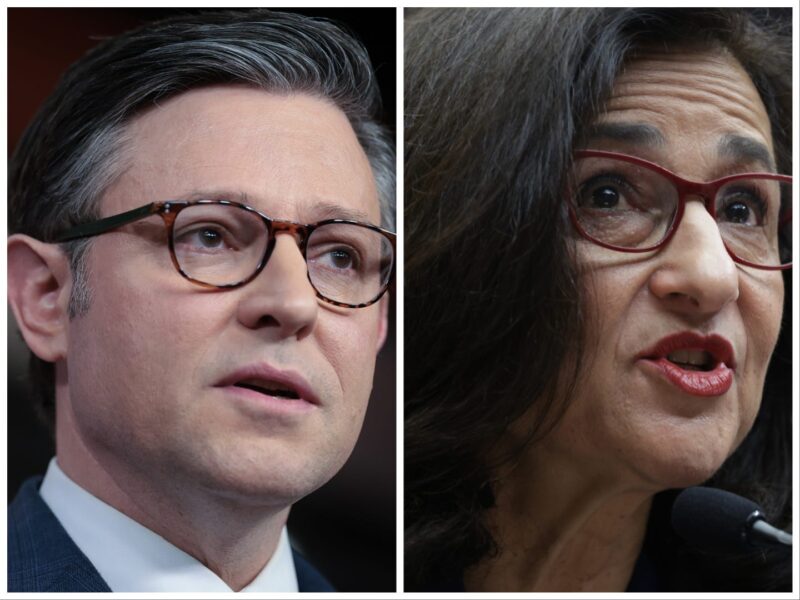- 27 million Americans are losing their healthcare coverage as a direct result of the coronavirus pandemic.
- And almost two-thirds of US adults said that if they had coronavirus symptoms, concerns over out-of-pocket costs would be an important factor into whether or not they decided to go to a doctor.
- Even before disaster struck, the US’ employer-based health insurance model created a byzantine system that made reimbursement for even basic services maddeningly difficult.
- A socialized healthcare system is a non-starter in the US, but the current system that ties health coverage to employment and to a profit-driven third party has created a social safety net full of massive holes.
- This is an opinion column. The thoughts expressed are those of the author.
- Visit Business Insider’s homepage for more stories.
The US health insurance model is broken and the pandemic could be its moment of reckoning.
COVID-19 isn’t exposing new flaws, per se, but the sudden shift in healthcare coverage for millions of Americans is going to throw in stark relief just how bad things have gotten.
But before that, let’s remember just how much of a mess even simple things are. I’ll use myself, healthy and insured, as an example.
Run-of-the-mill brokenness
I went to get a measles-mumps-rubella inoculation prior to a trip last year to Israel, which had been in the midst of a measles outbreak.
The MMR vaccine is about as basic as preventative health care gets. Babies start receiving it as early as six months. It's essentially required for college students.
Due to logistical issues with my doctor, I had to pay out of pocket for the vaccine but I was assured by my insurer that the cost would be reimbursed.
I wouldn't be fully reimbursed for nearly six months.
During that period I spent at least 10 hours on the phone with my insurance company, and also filed and re-filed paperwork and receipts scanned to PDFs (because cameraphone scans would simply not do), before eventually moving on to filing appeals after my first attempts at reimbursement were rejected.
It was a duel where the only way to win was to outlast my opponent. While I eventually was reimbursed, it amounted to taking on a second unpaid job to get my own money back for a completely legitimate medical expense. And this was all while enrolled in the highest-tier healthcare available under my employer's plan.
A lot of people would have just given up, a result that would not displease the insurance companies.
That was a simpler time, one of international air travel and in-person elective doctor visits.
A coronavirus-sized gap in the social safety net
As the country closes in on Great Depression-levels of unemployment, the employer-based health insurance model is also facing a potential reckoning.
About half of the US relies on employer-based health insurance. The Kaiser Family Foundation estimates about 27 million Americans and their dependents either have lost or will soon lose access to their health insurance as a result of the coronavirus-driven economic chaos.
The good news is that about 80% of them will be to get coverage through Medicaid or can get access to a subsidized plan through the Affordable Care Act's exchanges (which President Trump recently reiterated he still wants to kill, despite the pandemic afflicting his constituents).
The bad news is that still leaves about 5.7 million Americans ineligible for Medicaid or a subsidized ACA plan, which means they could be paying shockingly high prices for coverage or have to go without it entirely. In our "take care of yourself" culture, these were people who had been doing it "the right way."
And these insurance losses could exacerbate the health risk of the pandemic. Almost two-thirds of adults said "the potential out-of-pocket costs would be very or somewhat important in their decision to get care if they had symptoms of the coronavirus," according to an April report by The Commonwealth Fund.
So right when we want people to go to the doctor and get tested swiftly to limit the spread of the virus, millions of more Americans are left weighing whether getting their cough checked out is worth the cost.
This shouldn't happen in any advanced country, much less one as rich as ours, where we throw state and federal subsidies at any number of private ventures on the pretense that they "create jobs."
The old argument over whether a person should go bankrupt because of a broken leg is obsolete. The new argument is whether a person should go bankrupt because a pandemic destroyed their ability to earn a living is the one we need to have.
Americans are all over the place with how they feel about healthcare
Even with the social safety net disaster we currently face, a fully-socialized "Medicare for All" healthcare system with no private options is a non-starter in the US, and for good reason.
Far more than healthcare would be at stake. It would dramatically redefine both the economy and the role of government. Moreover, its most vocal proponents have never quite been able to articulate how to offset the plan's high cost.
The push-pull of a broken system and roughly-defined alternatives have left Americans confused about what they want out of the system. Polls show that about three-quarters of Americans like their health insurance. But a majority favor a national health system. Though that number drops if it means replacing private insurance.
As a country, we're completely all over the place with how we feel about healthcare.
We don't want to end up rationing healthcare like they do in countries with socialized medicine. But we already do that here through a public/private hybrid system that hinges on the participation of a profit-driven third party.
It's a byzantine system that requires - among many other barriers - pre-authorizations by primary care physicians, pointless consultation appointments that could easily be done electronically before critical procedures, and any number of regulations that make some of the best doctors choose to simply opt-out of accepting any insurance at all, leaving their services only available to the wealthiest patients.
Then there's the out-of-pocket costs that some people can't afford to make, or don't want to risk laying out upfront out of the very reasonable fear that their health insurance company will make it virtually impossible to be reimbursed.
In reality, it's more likely that Americans like their doctors and know that a change in insurance could mean those doctors will no longer be available to them.
Former President Barack Obama knew that, too, which is why he made the false promise that "if you like your doctor, you can keep your doctor."
While the ACA (a.k.a Obamacare) increased the number of insured Americans, it doubled-down on the third-party insurance system whose vulnerabilities have never been more evident than during the pandemic.
The figure of 27 million Americans suddenly scrambling to find health coverage is a disaster and the disturbing data showing a majority of Americans are too frightened to seek treatment even if they're showing symptoms of COVID-19 is proof that the system has failed.
Whatever comes after the coronavirus, the current system cannot be deemed acceptable.
